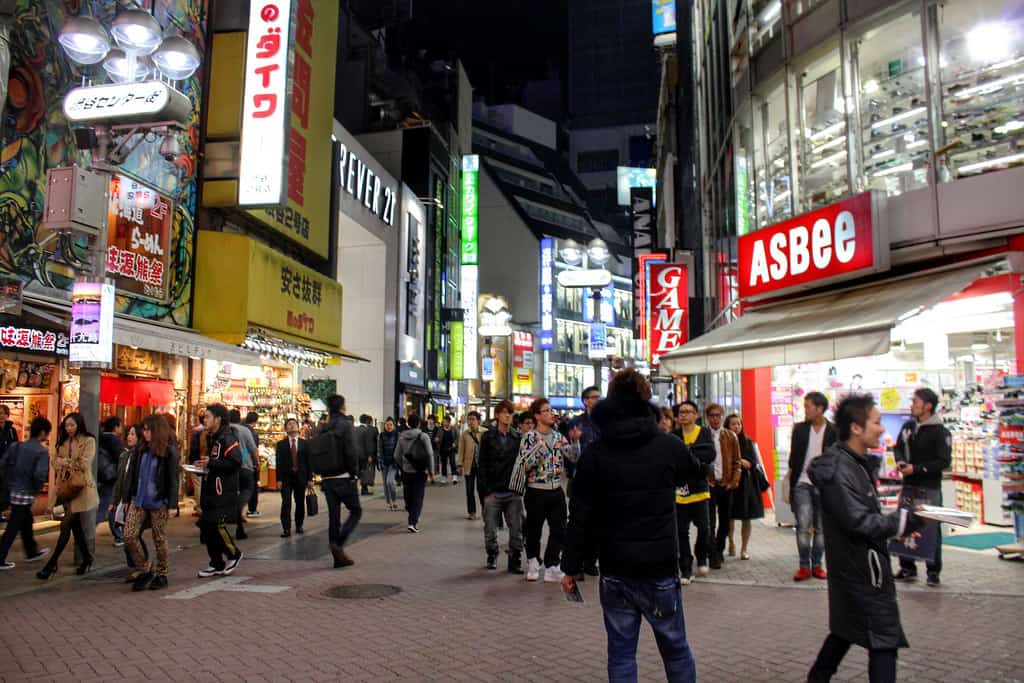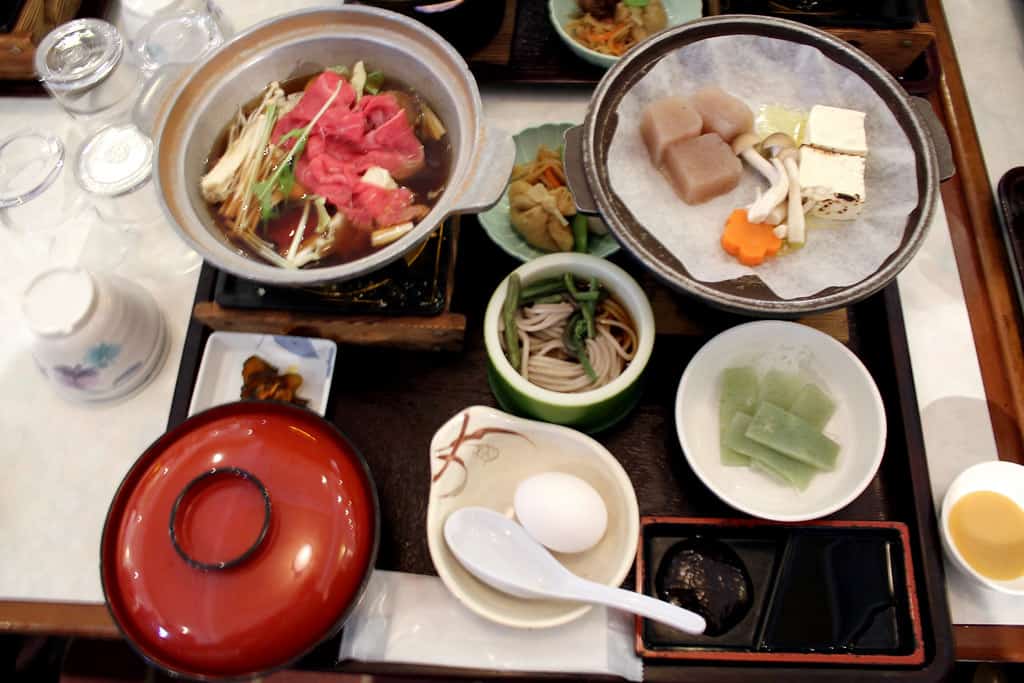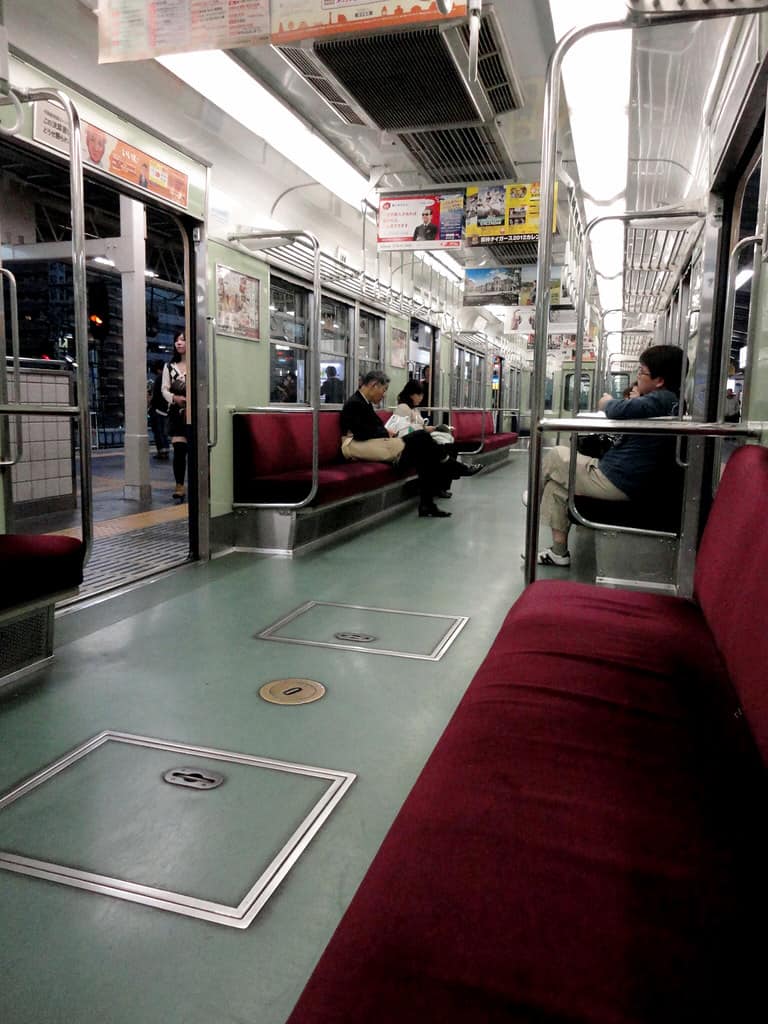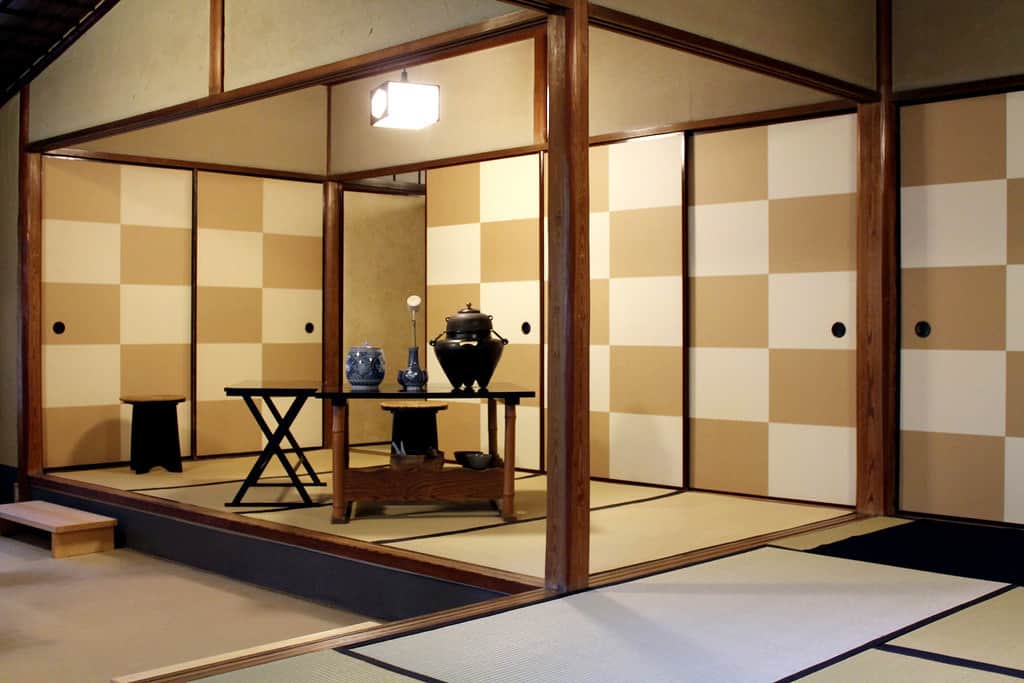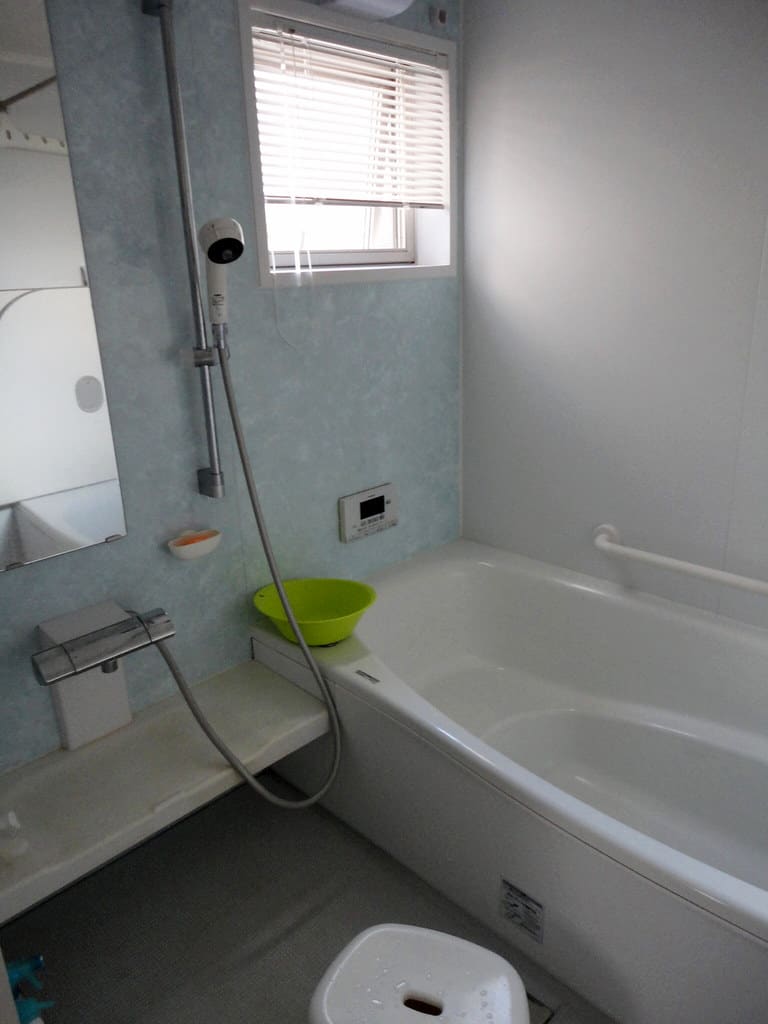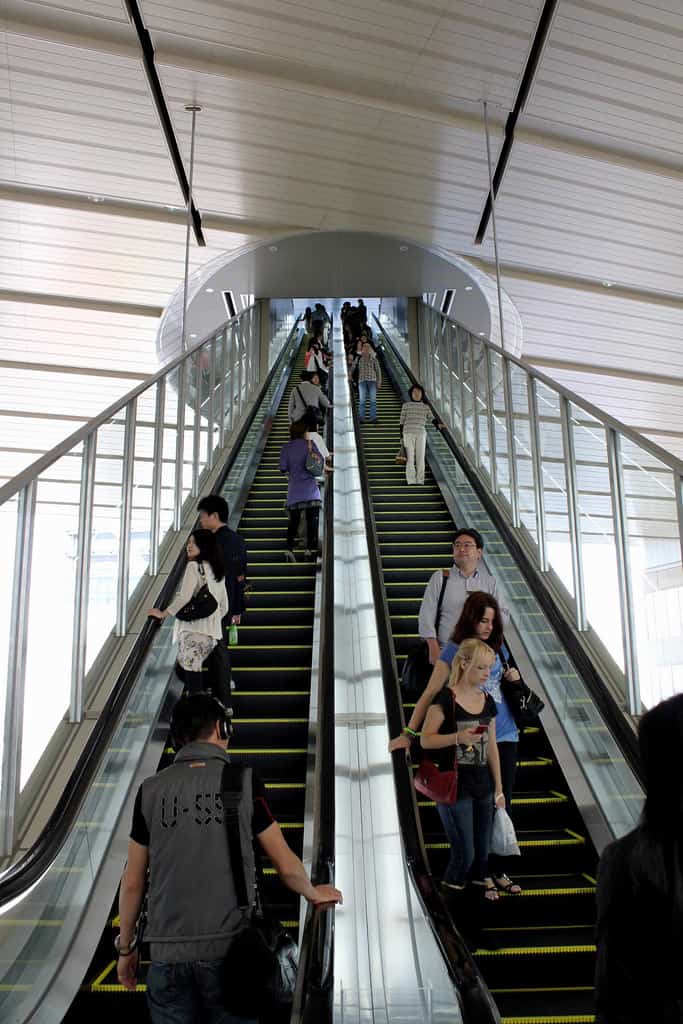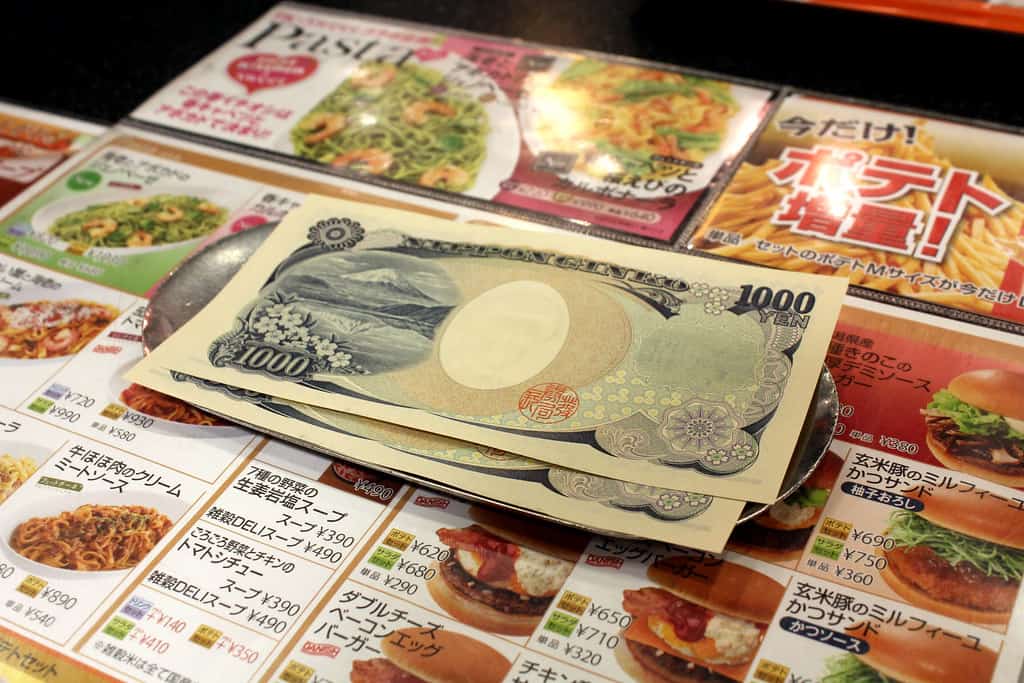Asia
ETIQUETTE IN JAPAN: WHAT EVERY VISITOR SHOULD KNOW
Etiquette in Japan is often far different from what we’re used to in the West. So before you plan your next trip to the Land of the Rising Sun, it’s best to learn a few customs and proper etiquette so you don’t offend anyone.
Here are 15 customs that every visitor should know before traveling to Japan.
1. DON’T EAT FOOD WHILE WALKING
Next to Singapore, Japan is one of the cleanest countries I’ve ever been to and it’s not because they have trash cans lining the streets. In fact, it’s almost a challenge to find a trash can on the streets of Japan.
So how does Japan stay so clean with the lack of trash cans? Simple. No one eats or drinks while on the go.
Food is a huge part of Japanese culture and thus they believe it deserves proper respect; i.e. sitting down to properly enjoy the taste and texture of the meal, and not just shoving it quickly in your face as you run errands.
Nowadays you can find people who may bend this rule, but it is still highly uncommon. And I don’t recommend doing it as a tourist as it will only draw more attention to yourself– and trust me, you’ll already be attracting plenty of attention.
2. ON USING CHOPSTICKS
More than likely if you’re visiting Japan will you be required to use chopsticks.
Now, chopsticks have a whole etiquette of their own (more on that later), but I think the most important things to remember are to never stab food with your chopsticks and don’t leave your chopsticks in your food–especially upright in a bowl of rice (this is given to people on their deathbeds or in funerals).
3. NEVER HUNGRY
In Japan you’ll probably be served more food than you could ever eat. Even when you’re full, instead of refusing the food say “thank you” and force yourself to eat one last bite.
On the opposite end, any food you take yourself must be finished, down to the last grain of rice. And never add anything to enhance the taste of your food except with what is given to you (i.e. if given soy sauce it’s okay to use a little), this is a major offense to the chef.
4. BE CAREFUL WHAT YOU GIFT
Gift giving is another subject that is long enough to warrant it’s own article.
The main points to remember here is that for any gift received, it is important to give something of equal or greater value. Japanese people will often keep a drawer filled with gifts in their home–ready incase they receive a gift.
It is normal to refuse a gift on first offer. However, if they offer a second time, you can gladly accept. If someone offers you a gift, thank them and take it home to open later, unless they request you open it then.
Always bring a gift when going to someone’s home and remember: the wrapping is just as important as the gift itself. All stores offer professional wrapping services– use it.
5. DON’T USE YOUR PHONE ON TRAINS
The Japanese generally refrain from having loud conversations on their phones, especially in public areas. You may notice that everyone is on the phone in trains; however, you will also notice they are texting rather than calling.
You’ll rarely ever see people answering calls while riding the train or when shopping in stores. People normally keep their phone on “manner mode” (similar to vibrate only).
6. WEAR A MASK WHEN SICK
Sterilized masks, similar to what is worn in hospitals, are commonly worn in Japan. It’s more of a courtesy to protect others from your germs, rather than protecting yourself. So if you find yourself coughing or sneezing, pick up an inexpensive mask from any convenience store.
There were times I found myself getting bad looks when I unexpectedly had a coughing fit on the train during my ride to school. One lady even offered me a mask from her purse, so it might be a good idea to carry one with you just in case!
7. REMOVE YOUR SHOES
It’s important to take off your shoes when entering all homes, as well as many businesses and hotels. In the entrance there will usually be a shoe rack for you to leave your shoes, as well as guest slippers for you to put on.
When entering bathrooms in Japan, it is common for a different set of slippers to be waiting for you. Make sure to never wear your house slippers in the bathroom and don’t let the bathroom slippers wander into the rest of the house!
If entering a room with tatami, be sure to wear only socks and never slippers or shoes.
8. DON’T OPEN TAXI DOORS
Taxi doors open and close automatically with the push of a button from the driver. Save yourself the embarrassment and do not try to open them yourself. Tourists getting hit by taxi doors is fairly common because they stand there, tugging on the door when the driver pushes the auto-open.
The same applies for exiting a taxi, wait for the driver to open your door. Otherwise you’ll be sitting there trying to open the door manually with no luck.
9. GET READY TO DRINK
Drinking is somewhat of a national pastime in Japan. Never refuse a drink, simply smile and accept it. As long as your glass is kept half full they won’t be refilling it. So if you don’t feel like drinking, don’t try to quick down your drink to get rid of it or else you’ll find your glass promptly refilled.
When drinking it is important to never refill your own glass. Traditionally, drinks are poured by others, and if you pour your own it is saying that whomever you are with is not being attentive. However, this works both ways– if you see that someone’s drink is below half full, make sure to fill it for them!
And don’t forget to yell “kampai” (cheers) before drinking.
10. DO BOW
The duration and angle of the bow is proportionate to the amount of respect you are conveying. The slower and lower the bow, the more respect you are showing. However, bowing is not only used to show respect, but also as a greeting.
Although it might feel weird at first, as a tourist a simple lowering of your head (almost like you’re nodding with your whole neck) when greeting others or making requests will go a long way.
11. BATHING BEFORE BATHS
When visiting an onsen or taking a bath in a Japanese home, it is important to bathe before getting in the bathtub. Sounds counterintuitive right?
There will be a separate shower that you must use to rinse off and clean your body. Never bring soap or shampoo into the bath!
Unlike in the West, the bath in Japan is used for relaxation. Often families will run one bath that everyone will use before emptying the water. Therefore, it is very important not to dirty the water. It is very rude and shows that you have no consideration for the sanctity of the bath and for those who will use it after you.
12. BUSINESS CARDS
When receiving someones meishi, or business card, be sure to receive it using both hands and read the card before putting it away.
It is considered very rude to grab someone’s card without looking it over and to shove it in your pocket. Even after you’ve thoroughly read over the card, make sure to put it somewhere nicer than your pants pocket!
After receiving their card, always follow up by giving them yours. Don’t have business cards? Get some awesome one’s!
13. ESCALATORS ETIQUETTE
Escalators are strictly stand on the right, and pass on the left in Osaka. If you head to Tokyo you’ll find that it’s exactly the opposite– stand left and pass right.
There is nothing more frustrating than being late for school and trying to rush up an escalator to catch your train while being blocked by tourists. Even if you forget what the proper side is for your location, just be observant. If you notice that everyone is standing on the right side of the escalator, there is probably a reason for it. (This also goes for moving sidewalks.)
14. DON’T TIP
I had a waitress chase us down the block because we had forgotten money on the table and it was only worth about 50 cents.
A price is a price in Japan, and leaving extra money is often considered rude. Tipping is widely unheard of in Japan, and for first-rate restaurants, gratuity is already included in the bill.
15. PAY NICELY
At all registers are small trays. Sometimes they are more decorative using leather or wood and sometimes they are plastic with rubber bumps. This tray is for placing your money when paying. Do not hand your money directly to the cashier.
Likewise, the cashiers will lay your change out on the tray with your receipt, so do not try to grab it from their hands.
While all of this might seem overwhelming, remember that the Japanese are indeed people too. They will be understanding and patient of people different from themselves. And if you ever find yourself in a situation where you don’t know how to act, just look around.
Watch what others are doing and try to follow suite– that way, you can’t go wrong.

